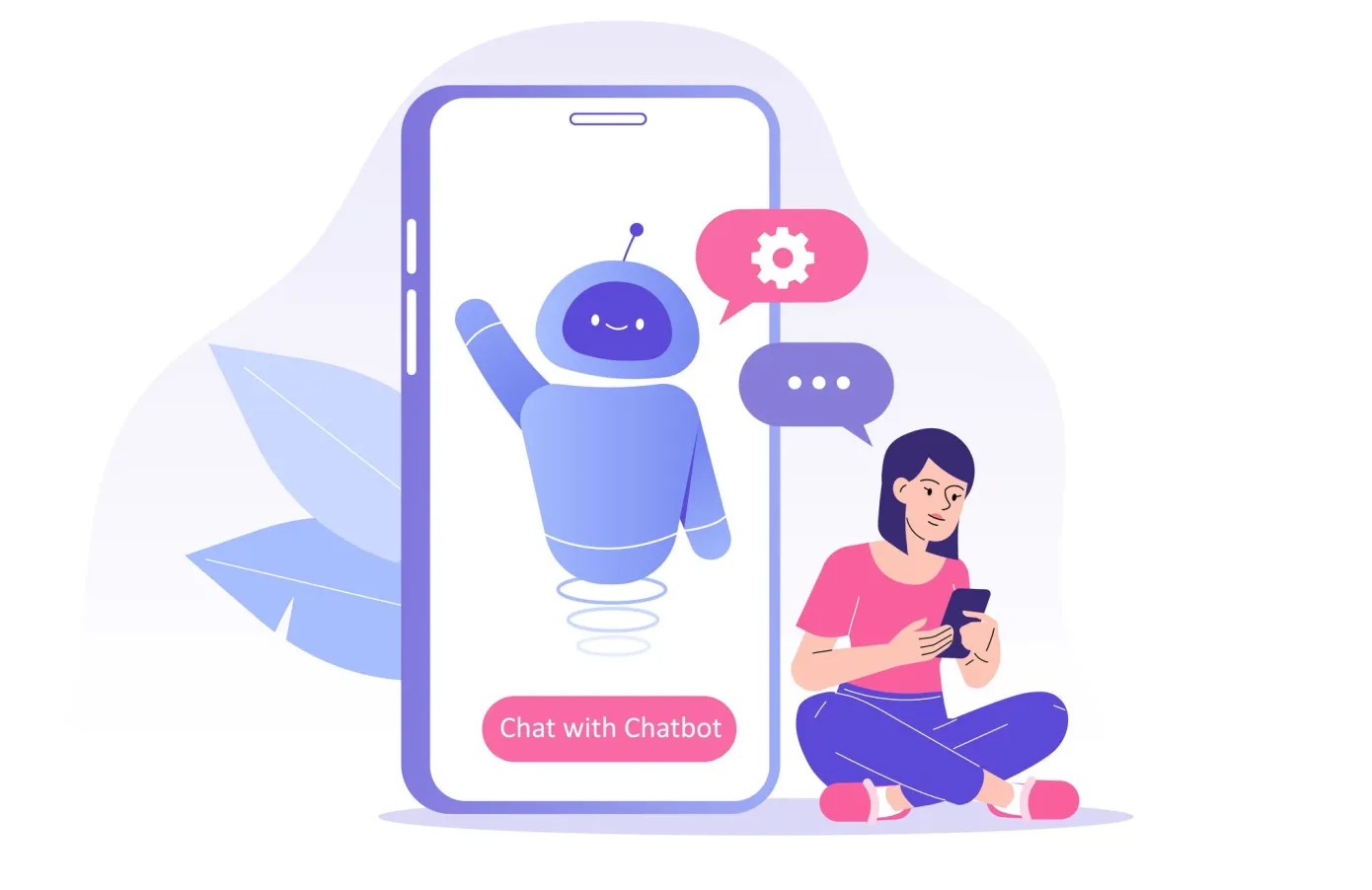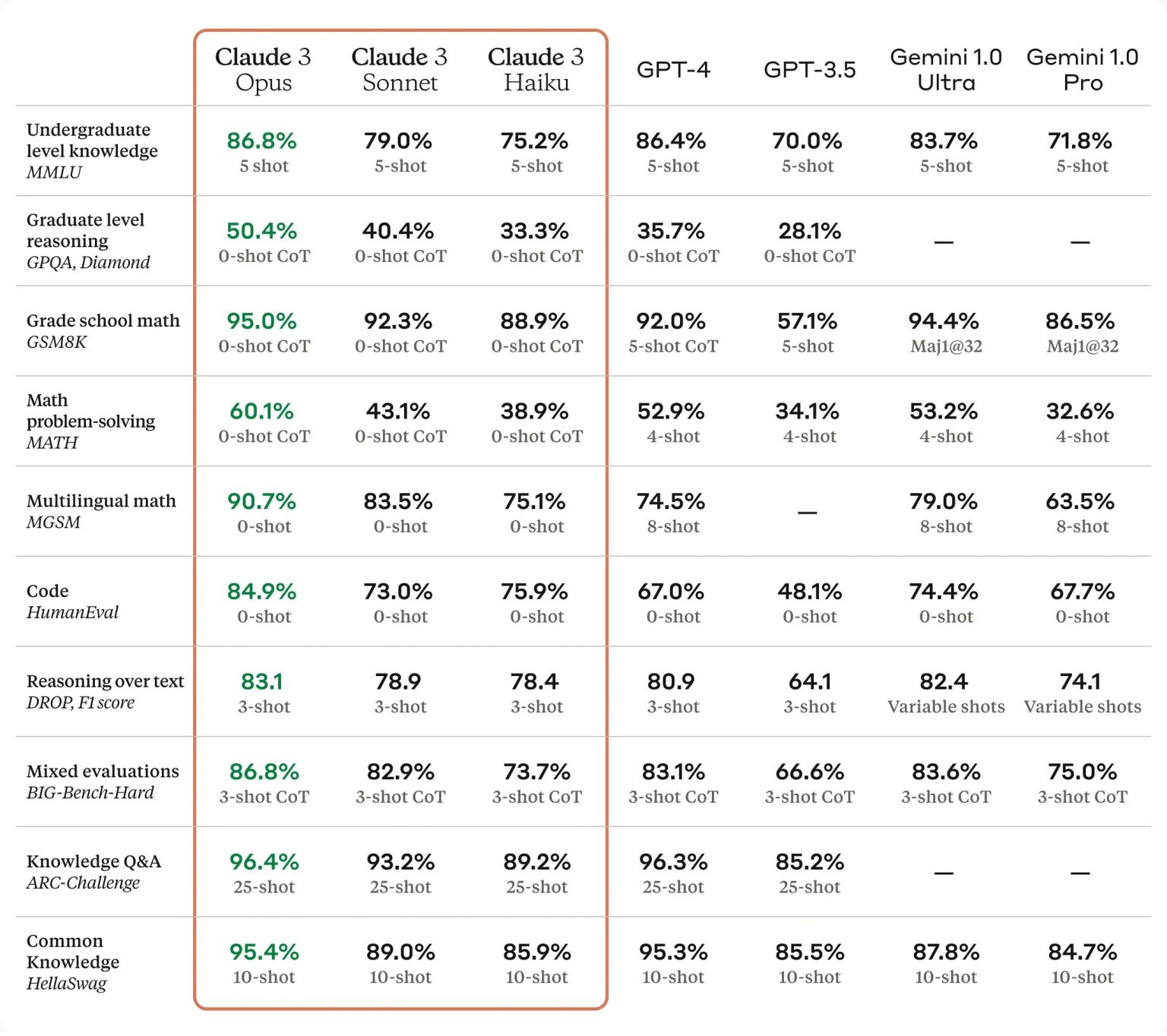The fear of AI replacing human jobs is ever-present, and the language teaching profession hasn't been immune. Companies like Duolingo have championed AI as a viable alternative to human tutors, citing cost-effectiveness as a major driver. But is AI truly ready to take the reins in language learning? Loora, a conversational AI platform specializing in English instruction, believes it has the answer.
AI vs. Humans: A Cost-Driven Trade-Off?
Loora's founders, Roy Mor and Yonti Levin, acknowledge the limitations of existing language learning apps, finding them geared towards beginners or casual learners. Their solution: Loora, which utilizes conversational AI to offer personalized English instruction to both casual and "serious learners" aiming for fluency.
The appeal is clear: compared to human tutors, AI offers scalability and potential cost savings. However, sacrificing human expertise comes with potential downsides. Studies show that while AI apps help with grammar and vocabulary, oral proficiency – a crucial aspect of language learning – often lags behind. Michigan State University research suggests a hybrid approach, combining online and classroom learning, might be optimal.
Loora's Pitch: Tailored AI for Serious Learners
Loora claims to differentiate itself by targeting "serious learners" and focusing on real-world scenarios like business meetings. It boasts features like:
- Personalized conversations: Users choose topics and receive feedback on grammar, pronunciation, and accent.
- AI-powered scoring: Proficiency scores adapt conversations to the user's level.
- Domain-agnostic: Unlike human tutors, Loora claims expertise in various domains, catering to specific learning needs.
However, promises have limitations. Loora still falls under the umbrella of language learning apps, and research highlights their potential shortcomings in oral proficiency.
Investors Backing the AI Horse: Big Market, Big Potential?
Loora's recent $12 million Series A funding, led by QP Ventures, signifies investor confidence in the venture. The total addressable market for English language learning is massive, estimated to reach $70 billion by 2030. This potential, coupled with Loora's focus on a specific learner segment, might be attracting investors.
Beyond Apps: Targeting Enterprises and Growth
Loora's ambitions extend beyond individual users. They plan to launch an enterprise service, making their platform available to companies, universities, and institutions. This could significantly expand their reach and cater to a larger, corporate clientele.
The Future of Language Learning: A Collaborative Landscape?
While Loora's innovative approach holds promise, the question of replacing human teachers remains open. Studies suggest a blended approach might be most effective, leveraging the strengths of both AI and human expertise.
Here are some key takeaways:
- AI in language learning offers scalability and cost benefits.
- Human interaction remains crucial for oral proficiency development.
- Hybrid models combining online and classroom learning might be optimal.
- Loora's focus on "serious learners" and specific scenarios differentiates it from some competitors.
- The venture's success hinges on overcoming the limitations of AI-based language learning.
Ultimately, the future of language learning might not be about AI replacing humans, but rather about them working together to create a more effective and accessible learning experience for all.





